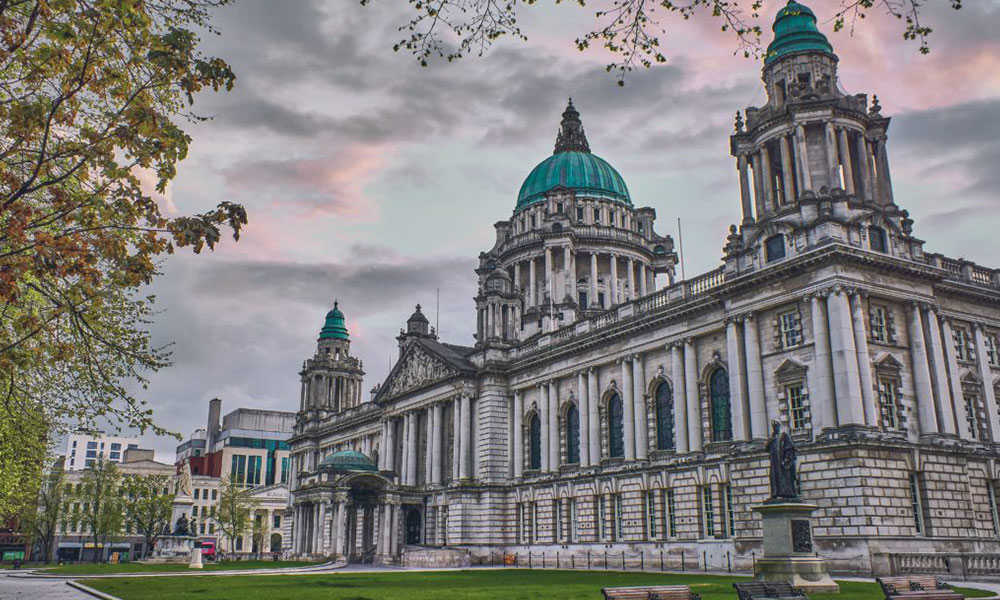
Addiction Treatment and Recovery – What’s a Day like in a Drug or Alcohol Rehab Centre?
The stigma around rehabilitation for drug addiction often gets in the way of addicts even looking into the treatment options available to them, let alone
or indeed anywhere, is a decision that should be approached with great consideration. The selection you make can significantly influence your recovery journey and, ultimately, your future. With an array of treatment options available, you’ll find that each centre offers a unique approach to addiction recovery, all designed to cater to various needs, preferences, and budgets. The key is to find a centre that aligns with your personal needs and circumstances, which can often be a complex task requiring careful evaluation and research.
Critical factors such as the facility’s location can play a vital role in your decision-making process. Some individuals may prefer a rehab centre close to home, providing a sense of familiarity and the potential for local support networks. Others might seek a change of scenery, away from current triggers and routines, and therefore prefer a location further afield. Additionally, the specific treatment methods employed by the rehab centre are of utmost importance.

Remember that each facility may have different approaches to rehabilitation and support, so find the one that aligns with your requirements.
It’s crucial to research and contact each centre to determine which one best suits your specific needs, preferences, and circumstances.
As you continue your research on drug and alcohol rehab centres in Belfast, it’s essential to consider additional factors that will contribute to a successful recovery journey.
By considering these factors and conducting thorough research on each facility, you’ll be better equipped to choose the most suitable drug and alcohol rehab centre in Belfast for your needs.
Remember, reaching out to the centres directly and asking questions is an essential step in making an informed decision.

These aftercare services help individuals transition back into everyday life while maintaining their sobriety and building a strong support network
Every individual’s journey to recovery is unique. Personalised treatment programmes, tailored to the specific needs of each patient, are vital for long-term success. These programmes may include various therapies such as cognitive behavioural therapy (CBT), group therapy, and family therapy.
Inpatient vs Outpatient: Which One Is Right for You?
Inpatient rehab involves staying at the treatment facility throughout the programme, while outpatient rehab allows patients to continue their daily lives while attending scheduled treatment sessions. Evaluate your personal circumstances, level of addiction, and support system to decide the most suitable option for you.
Holistic Approaches for Overall Wellbeing
Holistic treatments complement traditional therapies, addressing mental, emotional, and physical aspects of addiction. These treatments may include meditation, yoga, art therapy, and mindfulness practices, contributing to a well-rounded recovery journey.
The Importance of Aftercare in Preventing Relapse
Aftercare is crucial in maintaining sobriety and preventing relapse. A robust aftercare plan may include ongoing therapy, support groups, and regular check-ins with a healthcare professional. Stay connected with your support network and remain vigilant in identifying triggers to maintain a lasting recovery.
Financial Considerations: Funding Your Treatment
Various funding options are available to accommodate different financial situations. Private health insurance, government-funded programmes, and self-funding are common ways to finance rehab treatment. Research the available options and select the most suitable one for your needs.
Involving family members in the recovery process can have a significant impact on the success of the treatment. Family therapy sessions, visitations, and open communication can strengthen relationships, rebuild trust, and provide essential emotional support throughout the rehabilitation journey.
Dual Diagnosis: Addressing Co-Occurring Disorders
Dual diagnosis refers to individuals experiencing substance abuse issues alongside mental health conditions. Treating both conditions simultaneously is vital for a comprehensive and effective recovery. Experienced professionals can develop tailored treatment plans to address the unique challenges of dual diagnosis patients.
The Role of Nutrition and Fitness in Recovery
A balanced diet and regular exercise are essential components of a healthy lifestyle, particularly during recovery. Nutritional counselling and fitness programmes can help individuals develop and maintain healthy habits, contributing to overall wellbeing and long-term sobriety.
Some rehab centres offer alternative therapies to complement traditional treatment methods. These may include equine therapy, music therapy, and acupuncture. Explore various therapeutic options to find the ones that resonate with you and enhance your recovery experience.
Establishing a strong support network is crucial for maintaining sobriety and preventing relapse. This network can include family, friends, healthcare professionals, and fellow recovering individuals. Joining support groups such as Alcoholics Anonymous (AA) or Narcotics Anonymous (NA) can provide valuable connections and encouragement during your recovery journey.
Transitioning back into everyday life after rehab can be challenging. Developing healthy coping strategies, setting realistic goals, and staying engaged with your support network can help you navigate this process. Maintaining a structured daily routine and focusing on personal growth will contribute to a fulfilling and substance-free life.
In conclusion, finding the right drug and alcohol rehab centre in Belfast involves considering various factors and making well-informed decisions.
By embracing a comprehensive and personalised treatment approach, individuals can embark on a successful journey towards lasting recovery and improved overall wellbeing.
Location of Belfast
Belfast, the capital and largest city of Northern Ireland, is located on the eastern coast, nestled along the banks of the River Lagan. It serves as the administrative and cultural heart of the region and is well-connected to the rest of the United Kingdom and Ireland.
Belfast’s history dates back to the Bronze Age, but it truly began to flourish in the 17th century as a significant centre for the linen, tobacco, and shipbuilding industries. The city’s most famous ship, the RMS Titanic, was built at the Harland and Wolff shipyard in 1912.
Throughout the 20th century, Belfast experienced a period of unrest known as the Troubles but has since undergone a significant transformation into a modern, cosmopolitan city.

Belfast offers a range of accommodation options to suit various preferences and budgets:
Belfast is easily accessible by various modes of transport:
As a leading source of addiction and UK rehab information, we specialise in finding the best addiction treatment and rehabilitation centres in the United Kingdom for our clients and their loved ones.
For more information,
Contact +44 20 4578 0876
Get help today!

The stigma around rehabilitation for drug addiction often gets in the way of addicts even looking into the treatment options available to them, let alone
The complex nature of addiction is a significant contributor to how difficult it can be to treat. Addiction and the circumstances that led to it

There’s an undeniable link between alcoholism and violence, whether it’s in relation to crime, domestic violence, or road accidents. With the sale of alcohol largely